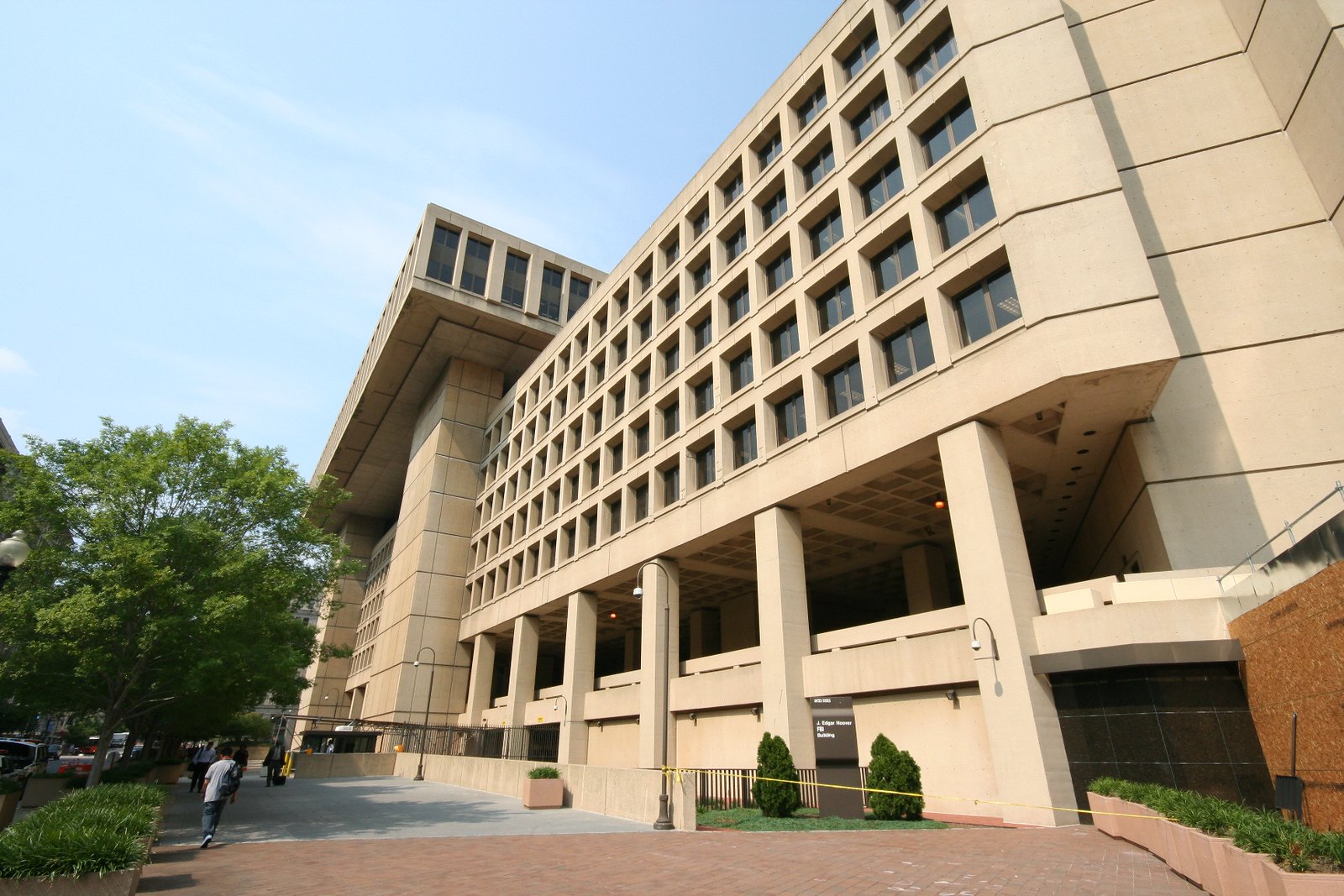Annals of the Trump Administration #2: Which Executive Orders and Directives Are Doomed?
What security-related executive orders are likely to be repealed in whole or in part soon after Donald Trump is sworn in as president? I list some obvious ones below, and will be happy to update the list with predictions others may send me.
1. Executive Order 13491 (Jan. 22, 2009) ("Ensuring Lawful Interrogation")
Published by The Lawfare Institute
in Cooperation With

What security-related executive orders are likely to be repealed in whole or in part soon after Donald Trump is sworn in as president? I list some obvious ones below, and will be happy to update the list with predictions others may send me.
1. Executive Order 13491 (Jan. 22, 2009) ("Ensuring Lawful Interrogation")
This is the order in which President Obama revoked President Bush's 2007 EO 13440, and it seems a sure-thing to be revoked by President Trump. Possibly Trump will simply reinstate EO 13440. I've written previously (see Annals #1) about how Congress has since entrenched the most important aspect of this EO (requiring all interrogations to comply with the Army Field Manual) in a statute, so revocation of 13491 won't have practical significance on that front. But I do think repeal of 13491 will raise other important questions:
Section 3(c) of 13491 bars reliance on Bush-era Justice Department interpretations of interrogation-related federal statutes and treaties (you know the ones). Will a revocation order from Trump explicitly reinstate the authority of those memos?
Section 4(b) provides for the International Committee of the Red Cross to receive notice of persons detained, and timely access to them. Will a revocation order from Trump be accompanied by language charting a different course on this issue?
2. Executive Order 13492 (Jan. 22, 2009) ("Review and Disposition of Individuals Detained at the Guantanamo Bay Naval Base and Close of Detention Facilities")
This is the order that called for GTMO to be closed within a year, while also creating a task force to review the files for each detainee and make disposition recommendations). It is perfectly obvious that President Trump will keep GTMO open, and I predict he will be looking for opportunities to add to its population for the first time since the Bush Administration. Revocation of EO 13492 will be a formal step in that direction.
3. Executive Order 13567 (March 7, 2011) ("Periodic Review of Individuals Detained at Guantanamo Bay Naval Station Pursuant to the Authorization for Use of Military Force")
This is the legal foundation for the Periodic Review Board process: that is, the recurring interagency review of whether it continues to make sense to hold specific detainees for the duration of hostilities or if, instead, the person can be released or transferred to another country. The PRB process has been the main vehicle through which GTMO detainees have left the island for the past few years, often (though not always) coming down in favor of release or transfer. Notably, there was a somewhat-similar process in place during the Bush Administration years as well, and it is far from clear that the Trump Administration would attempt to abandon entirely the idea of having periodic review; it if tries to do so, I predict intense pushback and criticism, including from within the military. I think it's more likely the new regime will spend some time trying to sort out whether there is anything in the formal structure of the PRB order that tends to tip the scales in favor of the detainees (I don't think there is), or if instead the impact of the PRB turns more on the question of precisely whom each of the relevant agencies puts forward as their participant in the process. In the end, I think, the Trump Administration will probably replace 13567 with a largely-similar framework, but will put some real effort into tipping the scales through personnel selections that just won't be very visible to the public.
The next two are not Executive Orders, but have to go on this list:
4. PPD-28 (Jan. 17, 2014) ("Signals Intelligence Activities")
This is, of course, President Obama's attempt to assuage the concerns of allies in the wake of the Snowden revelations, including by adopting new rules protecting the privacy of foreign persons. I don't think there is any doubt that in one fashion or another, President Trump will revoke this one quickly.
5. Presidential Policy Guidance (May 23, 2013) ("Procedures for Approving Direct Action Against Terrorist Targets Located Outside the United States and Areas of Active Hostilities")
The Obama Administration has sustained the Bush Administration position that there is indeed an armed conflict with al Qaeda and its associated forces (including, now, the Islamic State), and that the conflict is not defined geographically. At the same time, however, it has attempted to assuage concerns about the use of lethal force outside areas of active combat operations (i.e., outside areas where most critics concede the law of armed conflict is relevant) by adopting policies that limit resort to force more strictly than does the law of armed conflict. Thus the "playbook"—embodied especially in the May 2013 PPG—as a vehicle for expressing those policy constraints. I think it is foregone conclusion that the PPG is going out the window within days of the inauguration. Anticipation of this development already has generated angst, but I think it's worth emphasizing that it is far from clear how constraining the PPG really was in practice in recent years (see, for example, these comments on airstrikes in Somalia).
No doubt there are many more candidates for inclusion on this list. Please feel free to reach out with suggestions.





